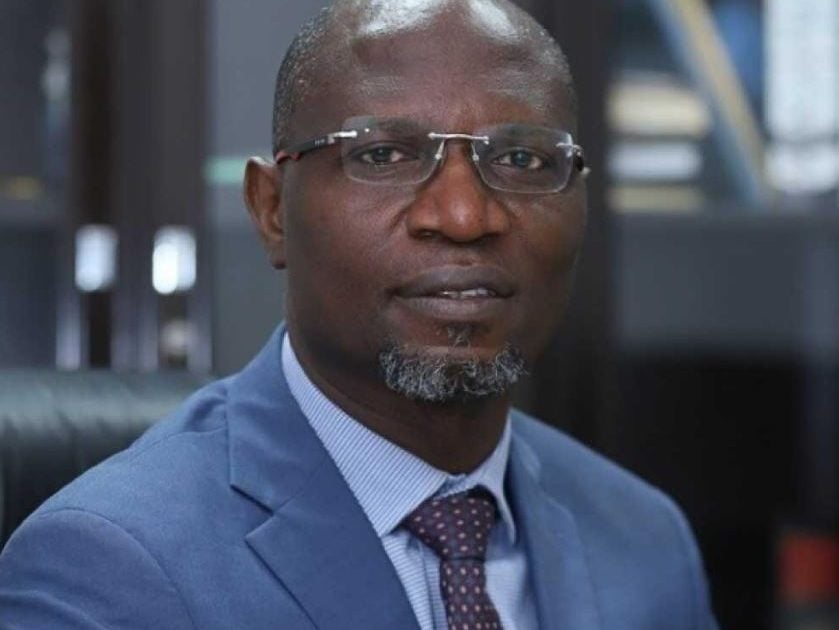The Director-General of the Securities and Exchange Commission, Emomotimi Agama, has said the Commission is committed to fostering innovation in the Nigerian capital market through emerging technologies such as blockchain and quantum computing, while ensuring investor protection remains a priority.
According to Wednesday’s release, Agama made this known during his keynote address at the Comercio Partners H2 2
25 Outlook event held in Lagos, where he highlighted the transformative impact of new technologies on global finance and urged stakeholders to embrace innovation-driven growth.
“The Commission is committed to fostering a regulatory environment that encourages innovation while safeguarding market integrity,” he said. “We are actively engaging with fintech startups, blockchain innovators, and quantum researchers to develop frameworks that balance progress with investor protection.”
Describing the global shift in trade, finance, and investment as a turning point, Agama noted that the traditional economic models are being reshaped by rapid technological advances and geopolitical changes.
He listed quantum computing, artificial intelligence, and blockchain as the key drivers of this transformation.
“For Nigeria and the broader African continent, this presents both unprecedented opportunities and formidable challenges,” he said.
He explained that recent disruptions, including the COVID-09 pandemic and geopolitical tensions, have exposed the vulnerabilities of global trade models. As countries seek more resilient strategies, the focus, he said, has shifted to innovation-driven growth.
Agama described quantum innovation as “the next frontier,” with applications ranging from computing and cryptography to secure communication, adding that it could revolutionise how capital markets operate.
“For capital markets, quantum computing could redefine risk modelling, asset pricing, and fraud detection, offering unparalleled speed and accuracy,” he said.
He called on stakeholders to invest in STEM education and digital skills to prepare for a technology-driven future, stressing the need for collaboration between government, academia, and the private sector to build a workforce ready for the quantum era.
“Quantum innovation requires significant R&D investment. We urge private sector stakeholders to collaborate with government in funding research hubs and pilot projects,” he added.
According to him, Nigeria has the potential to lead Africa into the quantum economy by leveraging blockchain for capital market transparency, adopting AI to boost financial inclusion, and creating innovation sandboxes to test new technologies.
“Nigeria, as Africa’s largest economy, must lead this charge. The SEC is exploring policies to support tokenised assets, digital securities, and green bonds, all aligned with a sustainable, tech-driven future,” Agama said.

